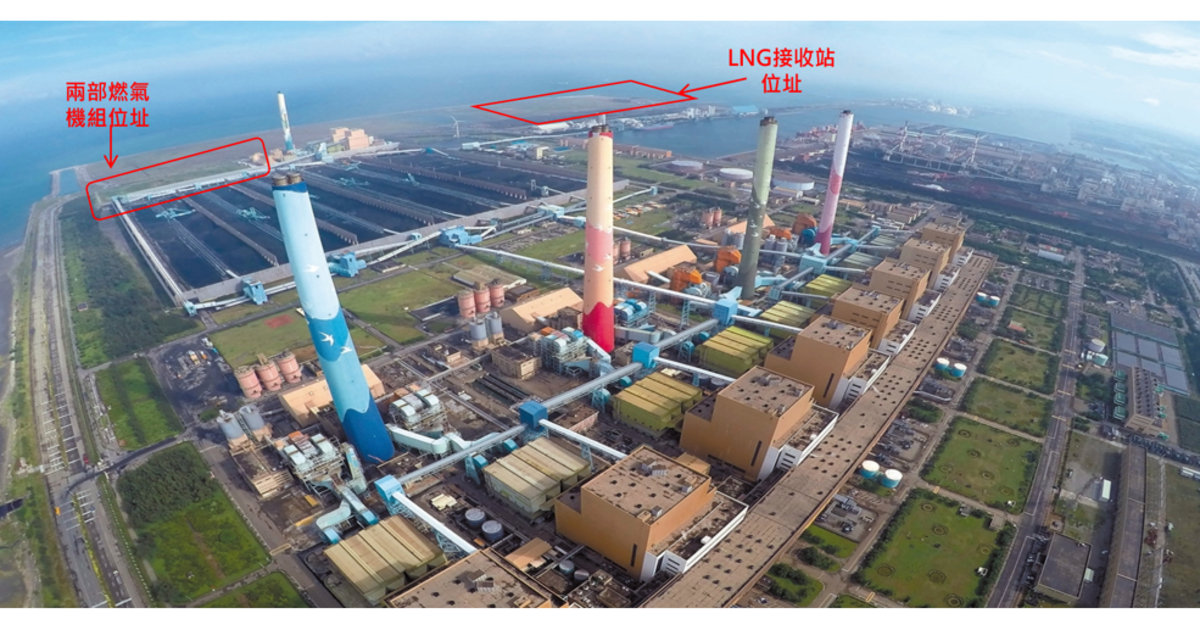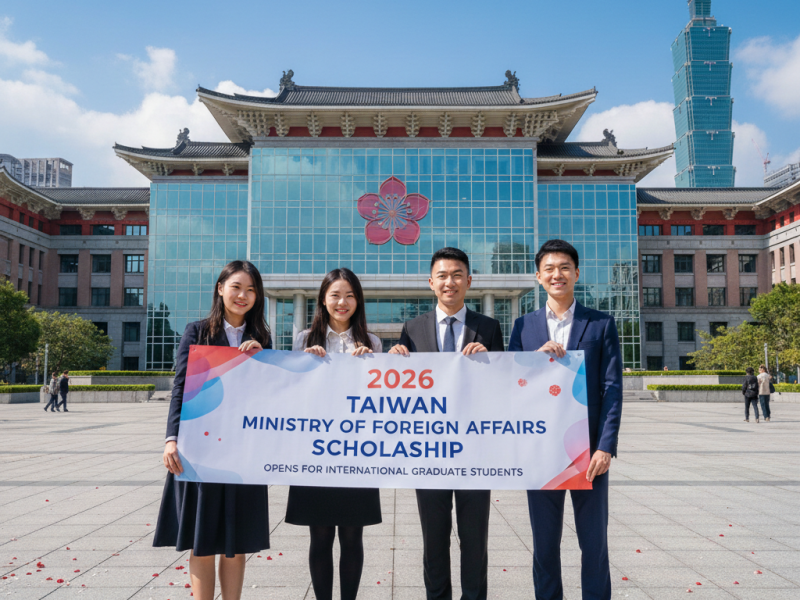TAIPEI, Taiwan — While the Legislative Yuan has passed a resolution pushing for a coal-free Central Power Plant by 2028, Taipower Chairman Tseng Wen-sheng clarified that the state-run power company is sticking to its original goal of achieving this milestone by 2034. He emphasized that despite strong political and public sentiment, technical and logistical limitations make the 2028 timeline unachievable.
In a media interview on July 9, Tseng explained that building alternative natural gas-fired power units takes considerable time. “Going coal-free in central Taiwan is not just a matter of will,” he said. “We understand the public’s expectations, and political resolutions reflect those, but we must also deal with scientific and engineering realities.”
The government’s push for cleaner energy has reignited public debate around nuclear power. When asked whether nuclear energy could fill the gap left by coal by 2028, Tseng responded cautiously, stating that Taipower “cannot guarantee” the restart of any nuclear power facilities by then.
Specifically, he highlighted that Nuclear Power Plant No. 2 remains far from operational readiness. Construction of its dry fuel storage facility is still underway, and nuclear fuel rods cannot be removed until late 2026. Even then, it would take at least another 18 months for inspections and system checks before a possible restart, bringing the timeline to the end of 2028 at the earliest. “I am not optimistic at all about restarting nuclear power in 2028,” Tseng said.
As part of the company’s long-term energy transition plan, Taipower has already begun constructing new gas-fired units at the Central Power Plant. The first two units, expected to go online in 2028, will have a combined installed capacity of 2.6 million kilowatts. However, Tseng warned that this still leaves a power supply gap of approximately 2.4 million kilowatts if coal operations are fully halted by then.
The second phase of the gas-fired expansion has passed environmental assessments and is ready for construction contracting. Once fully completed by 2034, the entire project will enable the Central Power Plant to completely phase out coal usage.
Currently, the Central Power Plant operates nine generating units producing about 5 million kilowatts of electricity. Taichung’s growing energy demand—driven by both population and industrial expansion, including large-scale investments by the tech sector—makes the continued use of coal, at least in the short term, difficult to eliminate without risking power shortages.
“Everyone wants cleaner energy,” Tseng acknowledged, “but there is no perfect power generation method. Every option involves trade-offs, and our challenge is balancing reliability, affordability, and sustainability.”



